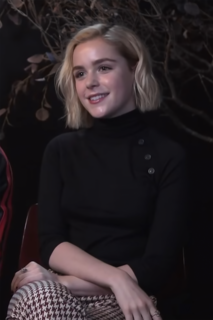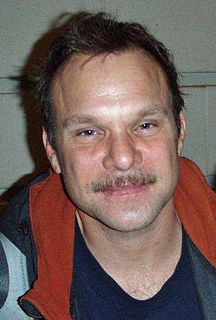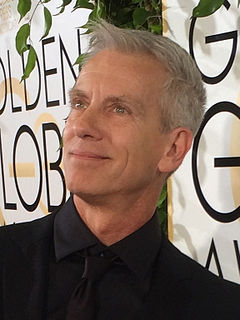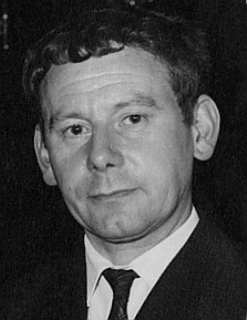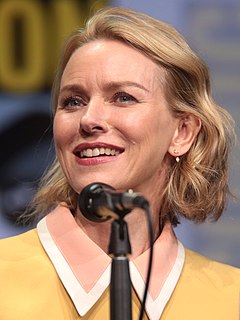A Quote by Kiernan Shipka
Occasionally, as an actor, you're not... Sometimes, at least for me, I'm not fully in the groove until the second or third take, in which I would not want to just stop. If it's a scene that takes a lot of work and time, sometimes the scene gets better with time, and sometimes it gets exhausted. I think it just depends on the scene.
Related Quotes
What I do is whatever it takes, it takes. Sometimes you see a scene right away and a take looks great so you might print that and you might print a couple more and take elements of all three. It just depends. You're looking for the highlights. You're looking for the best elements of the scene, but preferably you'd like to have one good take that would go all the way through.
Sometimes a scene works and acting is the easiest thing in the world and you don't have to do much of anything - just enjoy yourself and listen to the other actor. When it doesn't work, then every actor has different ways of dealing with the impasse. Sometimes you use memories from the past. Whatever. It depends from job to job.
But for me, you also have to be conscious of what is going to play. And that includes playing with. Sometimes it's just a vibe. It's what's going to make this scene work. And sometimes there may be something that restricts you that has to do with something that maybe is historically accurate. And then you have to weigh that decision and give up something for a scene to work.
My editor and I remain very disciplined. It's just sometimes when you're making a film, you get into the cutting room and you see a scene that's slowing you down in a certain section, but if you remove that scene then, emotionally or story-wise, another scene a half-hour later won't have the same impact. You just get stuck with it.
The animators are fantastic though. They'll shoot their own reference material, and just go into the car park or something. And they might shoot a very funny scene, or sometimes a serious scene. But they're really just trying to work out the motion. Yet what we get treated to is hilarious video of someone running around a parking lot with a broomstick and a helmet!
have a much harder time writing stories than novels. I need the expansiveness of a novel and the propulsive energy it provides. When I think about scene - and when I teach scene writing - I'm thinking about questions. What questions are raised by a scene? What questions are answered? What questions persist from scene to scene to scene?
